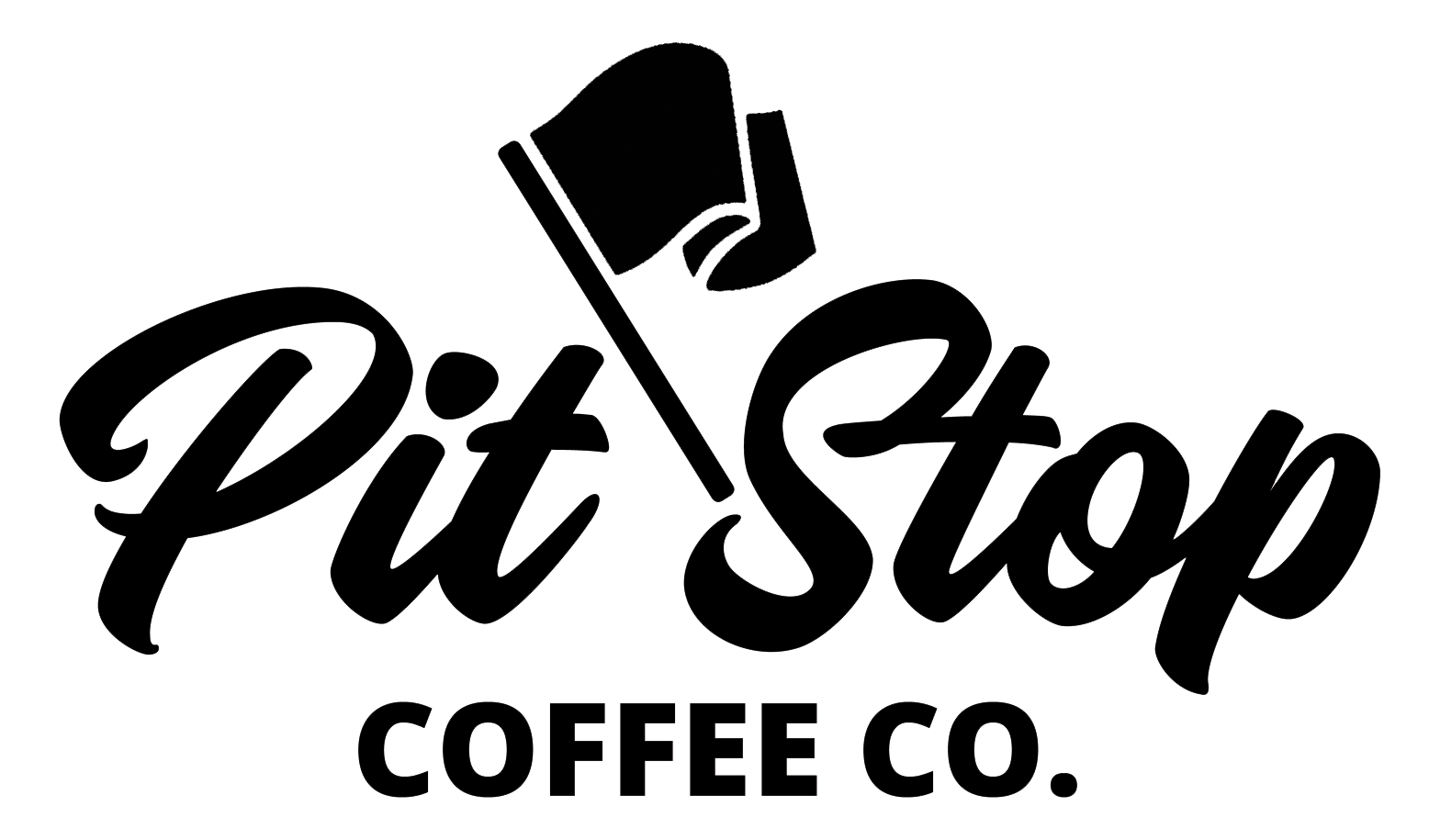Day 01 | 100 Days of Coffee
Introduction
Today we will be brewing with very low agitation and a lot of brew time. I’ve had great experience doing this with 10-20+ minute brews in an aeropress and a melodrip with Chemex filters. There was no unwanted bitterness and so much acidic notes and sweetness. I was stunned by this, as you brew any filter coffee for this amount of time and it will taste terrible.
I kind of left this idea alone until I heard about Scott Rao and Coffee Ad Astra talking about this new brewer (called Tricolate) revolving around the same idea: low agitation, long ~6min brew times, high heat, and super high extraction. Coffee Ad Astra started talking about the downside of all filter brewers, which allows water to bypass out the sides of the brewer, resulting in a need to grind as course as that paper filter will allow and not choke. He theorized a brewer like Tricolate, or like the brewer technique i’ll be using, can result in more even and higher extractions. Claiming being able to grind finer, and not have any bypass (where water spills out the side of the paper, usually before extracting) is how we should be looking at designing better coffee brewers for higher extractions.
Lets test it out!
I’ll be using the Tricolate brewer when it comes in the mail in the next few days, so stay tuned!
After Brewing
With 5 pulses of the melo drip and two paper aeropress filters in an aeropress, the brew finished around 7:00. Though very long, I was hoping for it to at least be over 10 minuts. This is why the Chemex filters are great for this method and I should use those next time. They are thick and much slower.
In the cup there is a huge syrupy mouthfeel with loads of sweetness. It is actually well balanced but has a hint of dryness/bitterness. I think this would actually be tamed by using those Chemex filters I talked about prior which would significantly slow down the flow, leading to a much longer brew time without as much drawdown agitation.
There isn’t as much complexity in this cup, though red plum and red apple flavors are very powerful. This reminds me of a flavor spectrum that a unimodal burr grinder might produce - not as much complexity, but very present notes of the middle micron grind range (i.e. not as much bitterness or sourness). In this case, red plum and red apple.
This is definitely a very weird brew method leading to very strange, yet ultra-tasty cups! I’m really surprised at this syrupyness, as I don’t think immersion methods like a french press or cupping would produce such a heavy body with the amount of acidic clarity you’d get from a pour over. It’s so easy to brew too, just pour your next pulse when the water lowers right above or below the brew bed. I used the same grind as I would for my usual V60 brews, definitely not coarse.
I may revisit this with thicker paper just to see if a slower drawdown does decrease bitterness and enhances sweetness and acidity. I’ll keep tabs on slurry temp too. Can’t wait to try this method on that Tricolate brewer!
If you have a melo drip and an aeropress, try this out! If not…get creative! I’d love to hear your experiences with this idea and will always leave the comments section open for conversation.
Stay tuned every day this week to see what other flavors we can get out of this coffee all along the spectrum. I’d love some suggestions! If you haven’t yet, checkout more about the coffee we’ll be using here in the previous post!
Until then, happy brewing friends!
-Connor
Questions for thought:
It has me thinking. Is this what an even extraction looks like? And is that why it tastes more unimodal? Without as much fines over extracting from heavy agitation. Courser grounds are constantly being submerged, while new water solvent is slowly drawing down and extracting. The brew is constantly being reheated with 210 degree water, and the top of the bed isn’t heavily extracted due to the low agitation. If the plastic is doing a great job at insulating heat. Is it possible this is an even extraction? Or do you think these water pulses at a high temp actually loose heat due to the 50ml pours and I am tasting a slurry temperature well below 195 degrees and am compensating by the longer brew time?
Below is a picture of the Tricolate brewer. You can see the similarities between the two.


